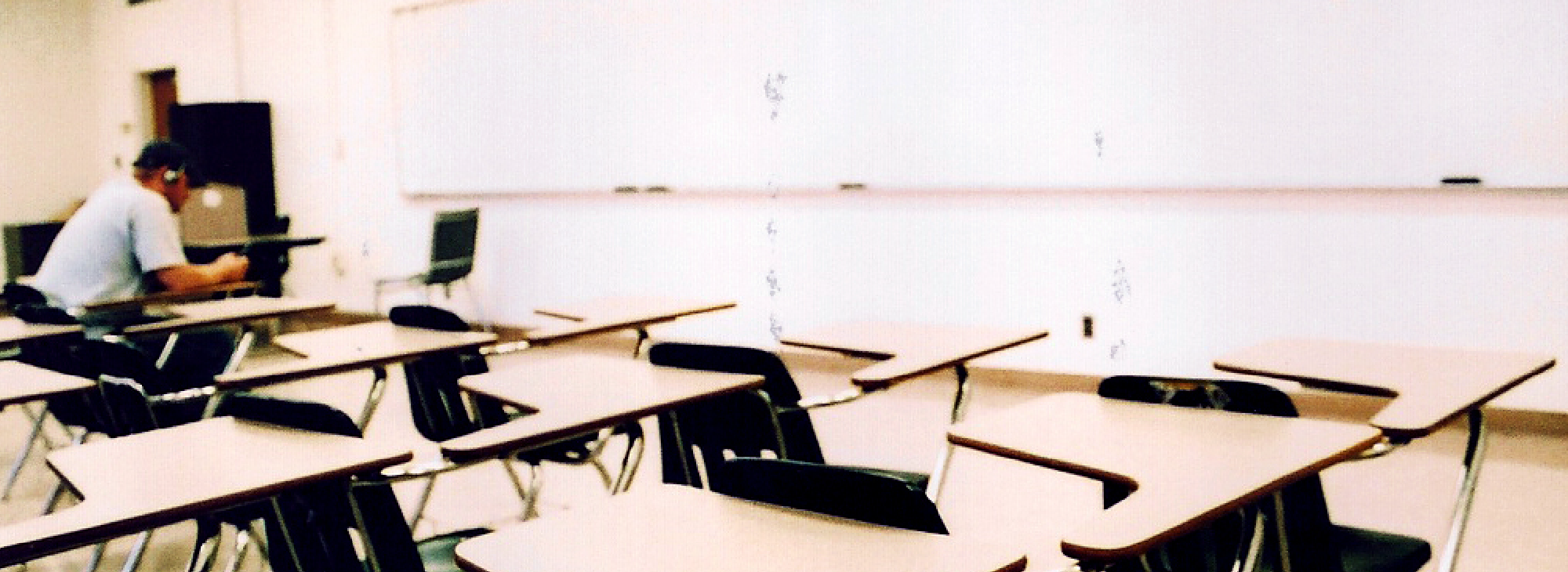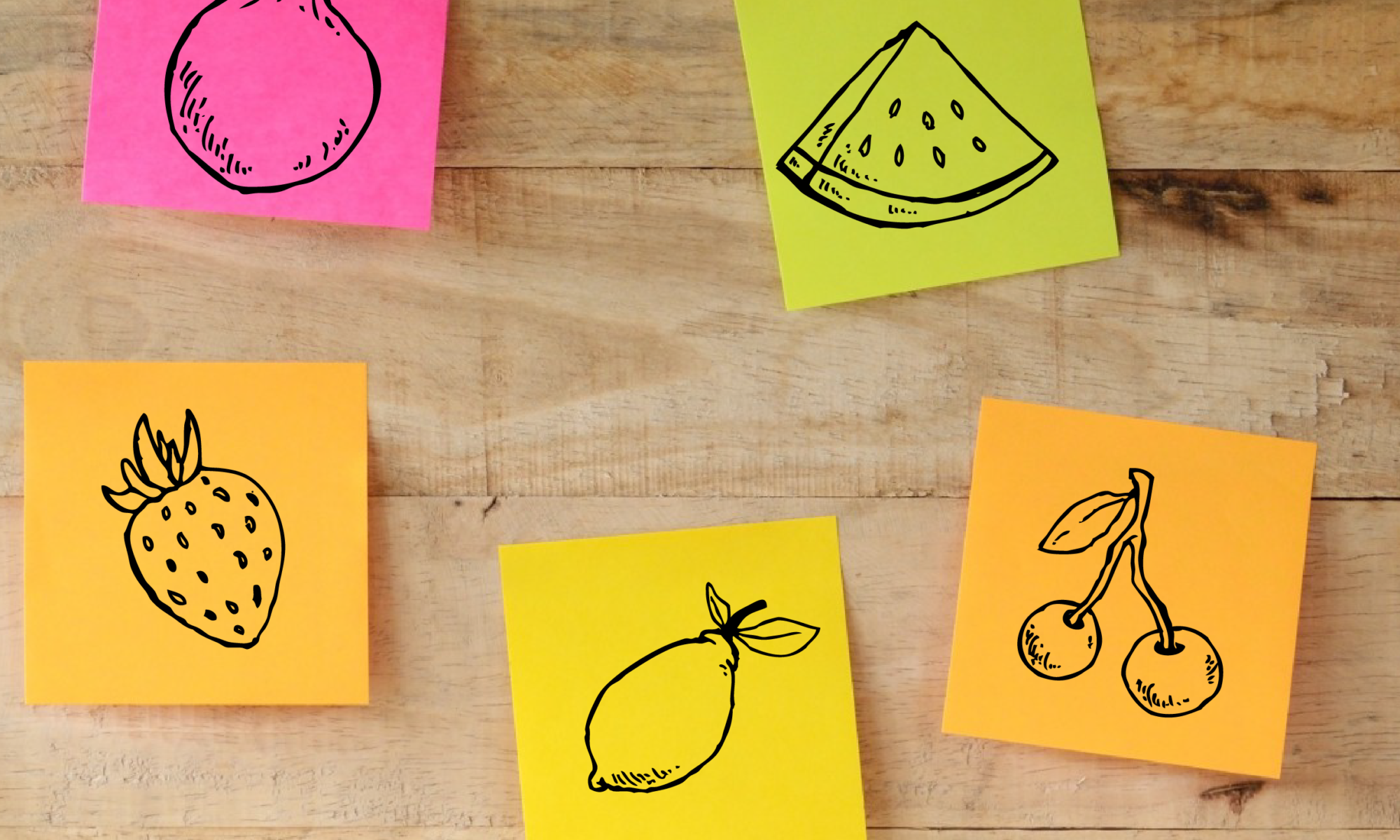Schools are closed. We are asked to flatten the curve by staying home. Things are changing so quickly that by the time you process one big change another one comes around. I am 38 years old, and this is a hard pill for me to swallow.
I wondered how many of them are Googling, “What is a pandemic?”
I couldn’t help but wonder how our young people are doing. Are they self-monitoring how much news and information they are taking in? I wondered how many of them are Googling, “What is a pandemic?” Or how many of them are actually talking to their parents about what they’re feeling.
I am a public speaker and speak to over 25,000 Texas students every year. Many of them follow me on Instagram. This week, I reached out through Stories and asked, “How are you today?” The responses and messages came flooding in. Students are worried. They are sad, grieving, angry. And they are nervous. Thankfully, they are also very resilient.
This mandatory pause button on the school year looks different depending on who you ask. Some kids have settled in and found comfort just hanging out in their rooms for the duration. For some students, this has been devastating. Musicals were about to open; UIL competitions were all underway; sports tournaments were being played; and prom dresses were being bought.
The hustle and bustle of the school year was full steam ahead until it all abruptly came to a stop. Many dreams were deterred in a few short days. I know this is bigger than prom. I know this is bigger than seeing friends or throwing a birthday party. I know this, but I am also 38 years old. Grown folks have weathered storms long enough to see the bigger picture. To our young people, THIS was their world, and it is now on hold. They are grieving, and it’s not okay.
As the grown people, we need to lean in and listen to these kids. We need to acknowledge that this is happening to them in a different way than it is happening to us. We need to reassure them, but more than anything, we need to listen. Last night, I leaned in to listen.
This is what I heard.
“I have been saving for my senior trip for over a year and it’s cancelled. I won’t get money back and I won’t get a senior trip. LAME.”
This is lame. I can only imagine how disappointing that must be. The senior year is supposed to be THE year memories are made. It is also a yearlong goodbye to life as a child under the protected watch of your parents and school. Imagine having that taken away suddenly.
“I had to share a frozen dinner with my brother. My mom is a waitress. No tips. We don’t have grocery money.”
For some students, school is where they receive food. Even though districts are working hard to implement programs to help feed these students, the immediate uncertainty is scary for them. I let this student know what her district was doing, and she was thankful to be told. She didn’t know because she is 12.
“I’m really scared.”
So many of our children are afraid, worried, or anxious. We need to open communication with our own kids, even if they haven’t asked questions, and encourage them to check on peers.
“I’m mentally exhausted. Anxious.”
I feel this. I had to implement a self-care program for myself: getting up at a normal time, showering, getting ready, going for walks. I know personally that when I don’t have a schedule I begin to unravel. Self-care is so important, and it looks different on everyone. One of my kids centers herself by creating. When she gets stressed or worried she pours herself into art. Another of my kids has a tight network of close friends who work through problems via Facetime. I normally have pretty stringent rules about how long they can be on their phones, but this week, I pulled back a bit. I know that self-care for her means communicating with people.
The Class of 2020 may be a graduating class like no other graduating class before it.
This has been an upside down week. We need to reassure our young people that life will resume. We’re on pause, not on stop. One thing I know for sure: this generation of kids will create so much beauty from these challenging days. They are going to come together and create big things. They are going to teach us so many lessons about patience and gratitude. The Class of 2020 may be a graduating class like no other graduating class before it.
This is a bump in the road. A sizable bump. But in the meantime, as we are wading through these uncharted waters, lean in and listen. Ask your student, “How are you doing today?” We are all in this boat together. Let’s check in.






